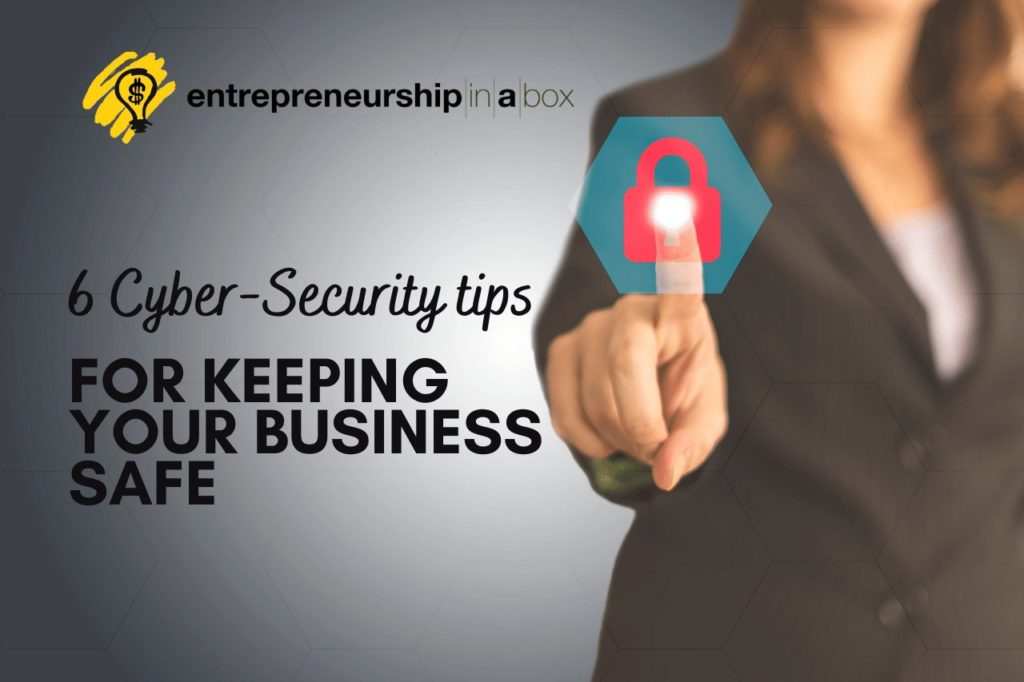As technology is rising every day, cybercrime has grown tremendously in the world. With every new function, features, and access to new technology comes new ways for cyber-thieves and hackers to enter and alter networks.
With all the security threats that can harm your business security system, it is important to have the company’s best strategy to protect itself. Here are some helpful tips to keep your business safe:
Start a Cyber-Security Training Program:
Several studies indicate that most hacking has occurred when the work and devices used in the organizations are not well protected or left unattended. Threat incidents happen when the employees have no clue how to protect the system from getting into the wrong hands.
Organizations need to start practicing how to secure their data by implementing a good training program. Cyber defenses depend on an educated workforce that can apply the best techniques to avoid any threats.
Install the Best Firewall for Your Software:
A firewall is a protective blockade that can protect your network from preventing unauthorized access to your system. It needs to be continuously monitored to know for sure that your data is protected against any harmful threats or hackers.
It provides a good security layer to your essential files from getting under any possible threat.
Secure Everything with Passwords:
Conceivably the fastest win of them all, ensuring employees have secure passwords on the system, is a simple yet effective measure against cybercrime.
Organizations need to ensure that the employees and trainees are using challenging to breach passwords and remind them to change the passwords monthly. Cyber-security compromise assessments are built to seek and find compromise indicators, then seek the best option to take action to remove threats in progress.
Using a two-factor or multi-factor authentication for better password security:
For confidential files and accounts, employees should be required to use the two-factor authentication. Noted some of the employees are to be allowed to access them while following the required security precautions.
The multi-factor authentication mostly requires a code or an ID badge with following fingerprint scanners and passwords.
Use of a VPN for the win:
When working outside the workplace, beware of using the Wi-Fi with a well-protected VPN ((Virtualized Personal Network). The VPN provides a secure use of the internet.
Implement VPN in the office for the employees to travel easily without risking any threat of leaking the files to the unwanted resources. Practicing the VPN use is essential; using public Wi-Fi networks can expose your organization’s accounts and data to malicious actors or compromised frames.
Backup Your Data:
Organizations should know about all the data and files they have to understand the cyber-security risks they face in their system. The unwanted files are to be securely deleted from scratch to avoid any future threats.
Once all the data is accounted for, assure that the data is backed up on a regular basis. In case something does happen, the organization will be prepared for it, as all the data and files are successfully backed up beforehand.
Take Inventory of the Devices:
Be sure to set up methods that can frequently track all hardware and software resources within your organization. Using tools to identify all of the files to locate them and protect them from any harm.
Take an inventory of devices and software is the best possible way to keep your assets safe and secure. Taking opinions from an expert will help with cyber defense actions for organizations to improve their cyber-security. They can tell about all the steps everyone can take to harden systems and prevent a cyber-attack.





